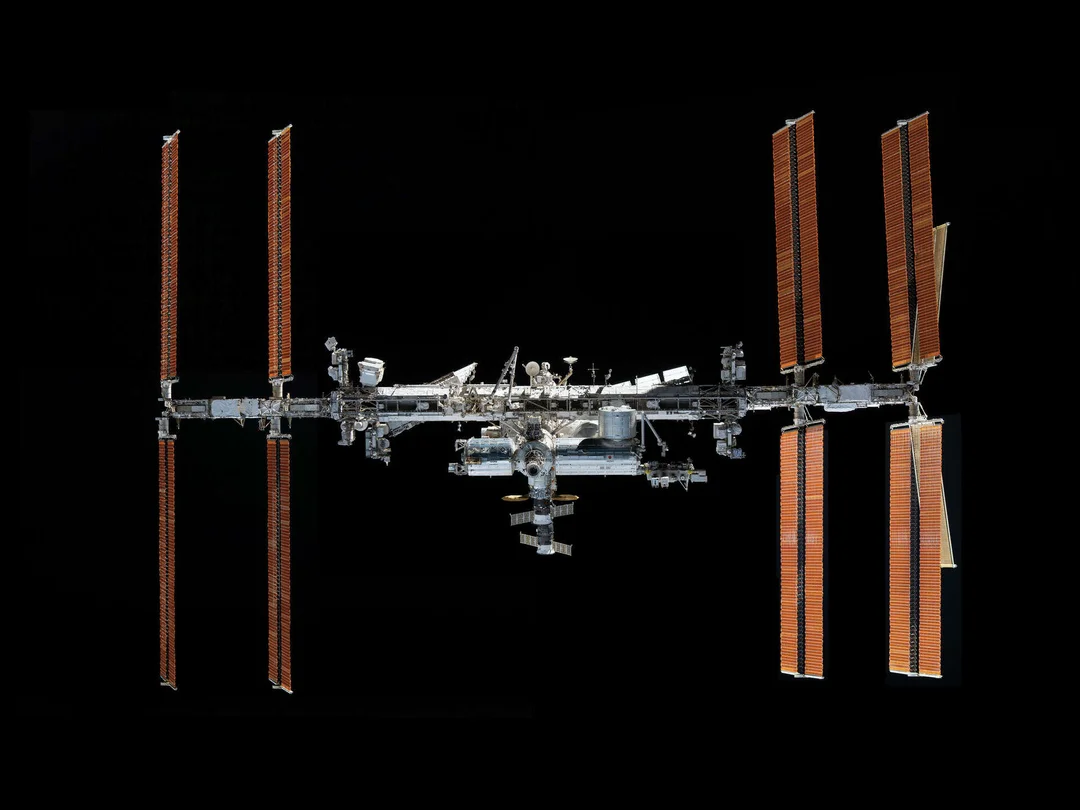
NASA’s Budget Cuts: Trump’s Plan Sparks Controversy and Elon Musk’s Potential Gains
President Trump's proposed budget cuts for NASA have ignited a firestorm of debate, with some experts warning of devastating consequences for space exploration and scientific research. While the White House touts increased funding for missions to the Moon and Mars, a closer look reveals drastic reductions in other critical areas, potentially paving the way for Elon Musk's SpaceX to dominate the space industry.
NASA's initial response to the budget announcement was surprisingly positive, highlighting the increased investment in human space exploration. However, the reality is far more complex. According to a TIME report, the budget proposes canceling the Mars Sample Return Mission, scrapping the Space Launch System (SLS) moon rocket and the Orion spacecraft, and eliminating the Gateway spacecraft planned for lunar orbit. Space science missions would also face severe cuts, threatening projects like the Nancy Grace Roman Space Telescope.
"No spin will change the fact that this would end critical missions, dramatically scale back the workforce, and risk our scientific leadership around the globe," said Rep. George Whitesides, a California Democrat.
These cuts represent not only lost opportunities but also the loss of significant sunk costs. The SLS has already cost nearly $24 billion, with another $20 billion spent on Orion. The Roman telescope, nearly complete, cost $4 billion. Canceling these projects would render these investments pointless.
Amidst these proposed cuts, Elon Musk's SpaceX stands to benefit significantly. As Trump's budget blueprint targets the old guard of the military-industrial complex, including rivals of SpaceX, the company could secure a stronger position in the space industry. Furthermore, Trump’s budget plan also calls for an undisclosed flood of funding for “U.S. space dominance to strengthen U.S. national security.”
Some analysts suggest that Trump's proposed budget will almost certainly benefit Musk and his company SpaceX with huge new projects. One such project is a missile shield, dubbed the Golden Dome, reminiscent of the Reagan-era Star Wars missile-defense boondoggle. SpaceX has emerged as a front-runner to win crucial parts of the Golden Dome project, manufacturing rockets and satellites for surveillance and targeting technology.
Musk's influence extends beyond SpaceX's business ventures. As a personal adviser to the president and a key official at the Department of Government Efficiency, Musk's involvement in government contracts raises conflict of interest concerns. A group of Democratic lawmakers has already called for a review of Musk’s role in the bidding process for the missile defense shield.
Despite the potential benefits for SpaceX, experts raise concerns about the effectiveness and practicality of projects like the Golden Dome. Gabe Murphy, a policy analyst at Taxpayers for Common Sense, calls the Golden Dome a "fantasy," questioning the feasibility of defending the U.S. against ICBMs and hypersonic missiles with current technology.
Furthermore, Elon Musk seems to harbor some ideas about space that are...unorthodox. Colonizing Mars has long been one of Musk’s leading obsessions. The terms of service agreement for SpaceX’s Starlink internet service offers up a Wild West vision for that planet: “For Services provided on Mars, or in transit to Mars via Starship or other spacecraft, the parties recognize Mars as a free planet and that no Earth-based government has authority or sovereignty over Martian activities. Accordingly, Disputes will be settled through self-governing principles, established in good faith, at the time of Martian settlement.”
Ultimately, the fate of NASA's budget lies in the hands of Congress. As Senator McCandliss puts it, "The president proposes and Congress disposes." With strong support for NASA in states like Texas, Florida, and California, lawmakers may push back against the proposed cuts. Yet, the extent to which they are successful in restoring funding and preventing the potential dominance of SpaceX remains to be seen.
What are your thoughts on these proposed budget cuts and the potential impact on the future of space exploration? Share your opinions in the comments below.